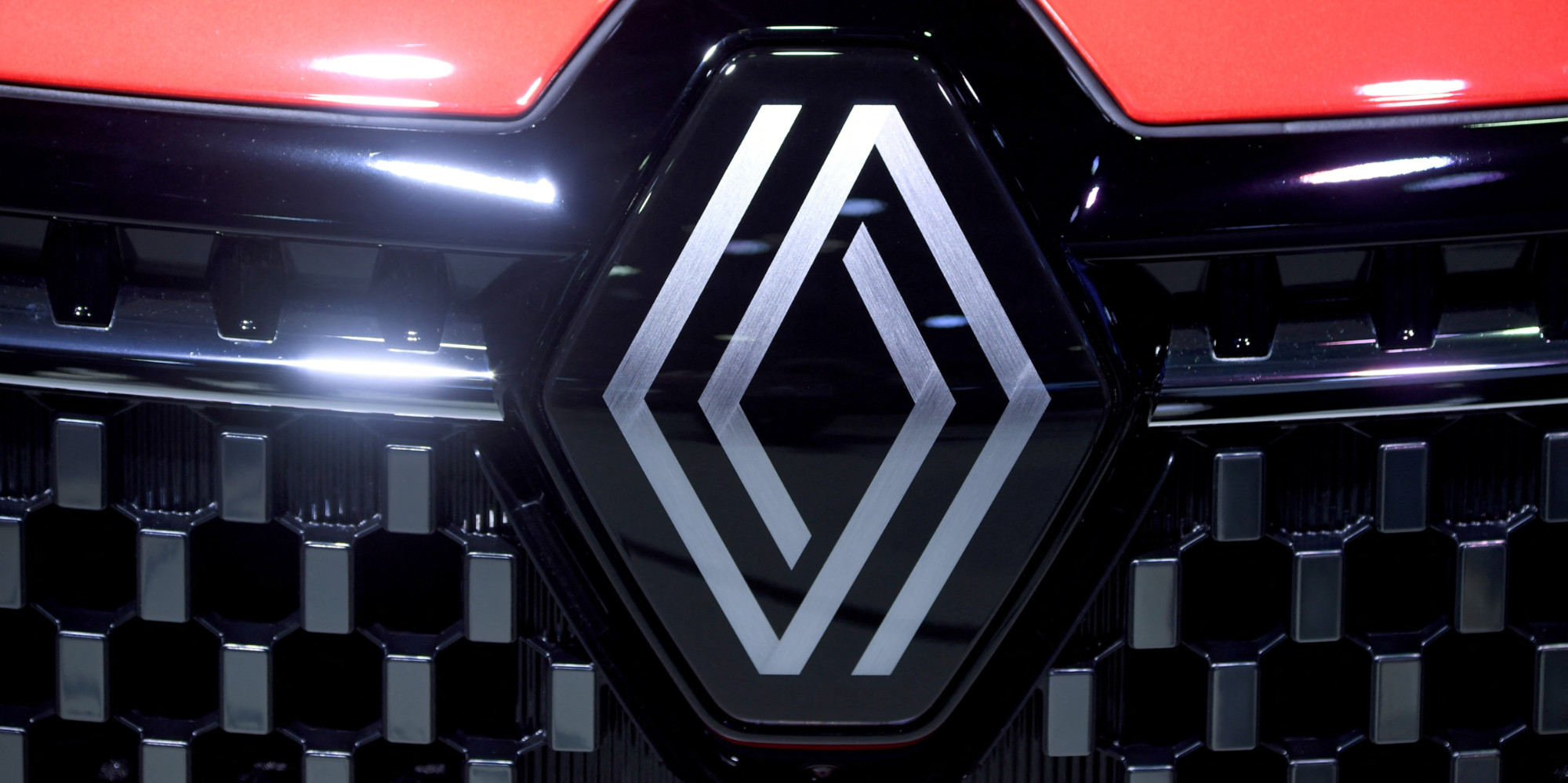Romain Rouillard 08:48, 02 April 2023
Guest of Europe 1 morning weekend this Sunday, Fabrice Cambolive, CEO of the Renault brand, returned to the end of combustion engines, planned in Europe by 2035. And confirmed the desire of the French group to move towards all-electric without abandoning alternative solutions.INTERVIEW
It is an about-face that surprised many within the European authorities at the beginning of March. While everything seemed finalized after a favorable vote of the EU member states on 14 February, Germany decided to block the entry into force of the text providing for the ban on the sale of thermal cars in the EU by 2035. Berlin wanted the European Commission to also allow vehicles running on synthetic fuels. What Brussels has committed to do, in a separate proposal, allowing both parties to reach an agreement and validate the transition to all-electric in just over ten years.
This is good news for French manufacturers who have invested heavily in this technology for many years. Just like Renault. "What is reassuring is that even if you have a lot of discussions, Europe still keeps the course of all-electric and it will not change the direction taken by most manufacturers," said Fabrice Cambolive, CEO of the Renault brand, invited on Europe 1 this Sunday.
"We remain attentive to alternative energy solutions"
At the microphone of Lénaïg Monier, the leader reaffirmed the primary objective pursued by the French firm: "Clearly, we want to go all-electric". A transition that may seem brutal for some motorists but that the group intends to support. "We know that we will have to manage a transition period and we must remain attentive to alternative energy solutions in this period," says Fabrice Cambolive.
>>
READ ALSO – Automotive: why the end of thermal vehicles in 2035 is a challenge for the sector
And among them, the famous synthetic fuels or e-fuels, acclaimed by Germany, and produced from CO2 and electricity. This will allow the life of thermal engines to be extended, which would then become less polluting. A hypothesis considered by Renault, which however raises some obstacles. "This is of course something we look at, however the road to e-fuel is still long, especially on the price," tempers Fabrice Cambolive. These synthetic fuels are particularly expensive to produce. "And if a sector grows in power, we can imagine that it will go primarily to the aviation sector, because the electric aircraft is not for now," explained to Europe 1 Arnaud Aymé transport specialist at SIA Partners.
What about hydrogen?
"We therefore consider it as a solution, but more as a complementary solution to the main solution, which remains the transition to all-electric," says Fabrice Cambolive. The last existing option: the use of hydrogen, already experimented with by Toyota, which markets the Mirai, one of only two models on the market using this technology with the Hyundai Nexo. "We are working on hydrogen but rather on the commercial vehicle part and especially large vans because it allows to have more places for the tank," notes the general manager of the diamond brand. Tracks that Renault intends to explore but which will not deviate the manufacturer from its number 1 objective.

